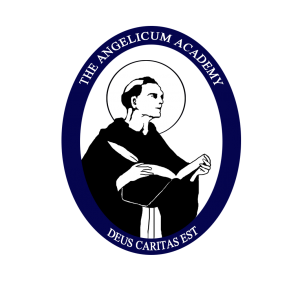THE INTEGRATION OF KNOWLEDGE: Discourses on Education
Edited by Dennis Quinn
“Tis all in peeces.” – John Donne
The discourses that make up this little book were written at various times and for various occasions, but they all address the theory and practice of the liberal arts or the humanities in our times.
The paths of Mortimer Adler and the University of Kansas professors of the Integrated Humanities Program converged because of a common interest in the “great books” and the philosophy that is called traditional or perennial. Mr. Adler was, of course, a pioneer of the great books movement at Chicago, where he suffered the double disadvantage of rejecting the growing trend toward specialization and embracing Aristotelian-Thomistic principles. The IHP faculty suffers similar disabilities.
Behind the idea that knowledge is one, is the idea that reality itself is one.1 The word universe contains the idea-uni-(one) and verse (turn). The American philosopher, William James, gave one of his books a witty title, A Pluralistic Universe, as one might say, “The five-fingered foot”. But James was anything but frivolous; he wished to assert that the universe is not one at all, not a whole but a multitude of turnings. A later philosopher, Bertrand Russell, stated the position more radically: “I think the universe is all spots and jumps, without unity and without continuity and without coherence or orderliness or any of the other properties that governesses love.”
Russell’s account may or may not fit the universe, but it seems highly descriptive of contemporary life, with its divided world, its fractured society, and its schizoid souls.”A tale/ Told by an idiot, full of sound and fury/ Signifying nothing.” Nowhere is this disintegration more obvious than in the university-which derives its name from the universe. Modern schools of higher education have been called “mulitversities” and compared to vast supermarkets or smorgasbords of ideas and disciplines. Indeed, the modern university prides itself and being a place like Alice’s restaurant, where “you can get ‘most anything you want” (including Alice). There one can dabble in the arts and sciences as well as in all the latest diversions, perversions, and “life-styles”; it is a promiscuous rather than a liberal education. The university is a shattered mirror of a universe in pieces. The public relations people who run the universities call it “diversity,” of course-a fitting term to contrast with “university”-and they also speak of options infinite. The options not offered, however, are unity and order and coherence and integrity itself, those pedestrian properties at which Russell sneered. It seems that if we forsake the virtues loved by governesses, we shall have in their stead those loved by the brothel-keepers.
The authors of this volume propose no solution to the problem; indeed, they share what they should call a healthy pessimism about reintegrating education or society in our times. They insist, however, that since reality itself is integrated, all efforts to splinter it must ultimately fail.
1. In a formal definition, I should add that the truth is one analogically, not univocally as the Monists see it.

